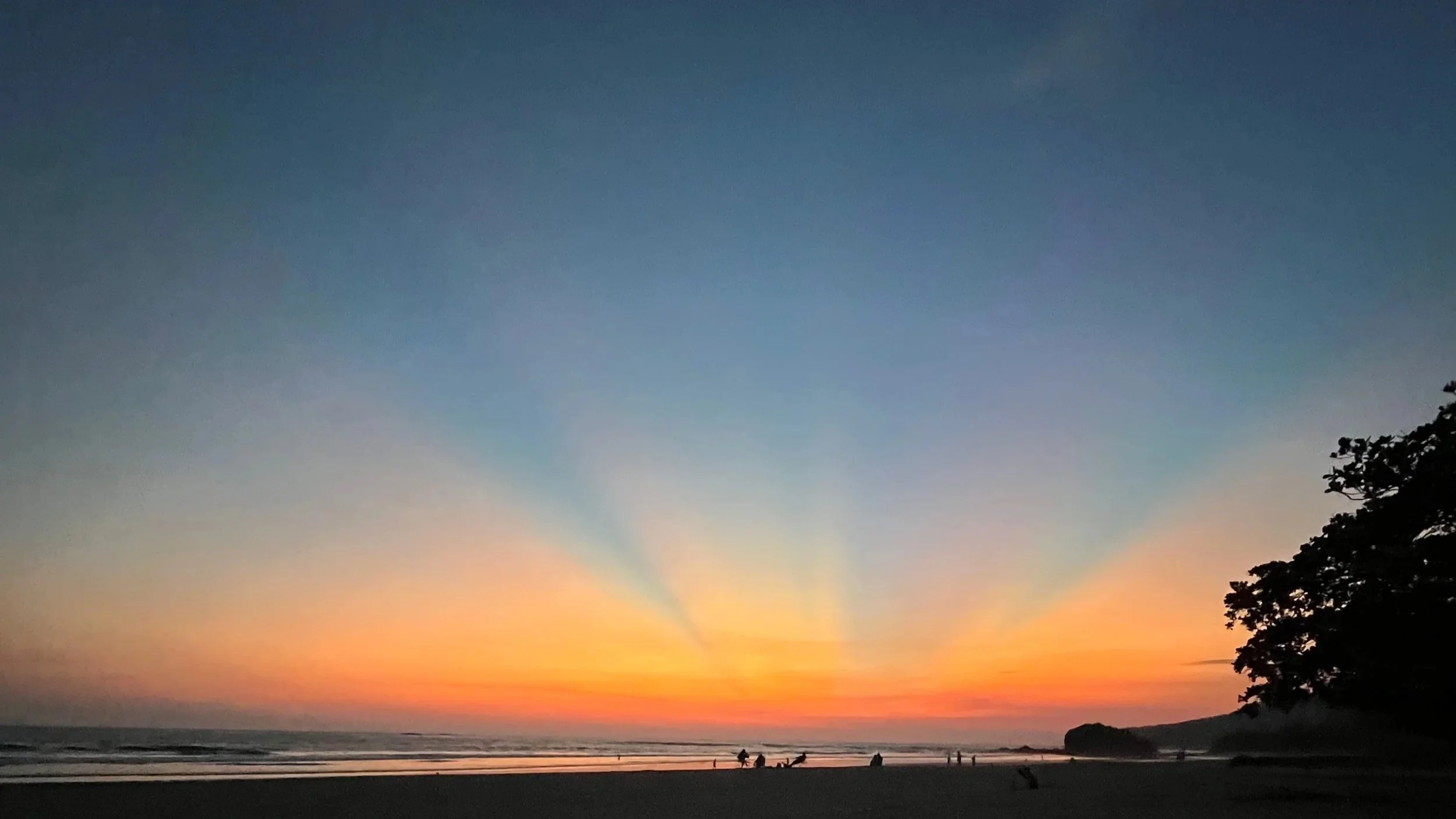The Science and Spirit of Rest
The end of the school year and the beginning of summer are meaningful transitions for educators. It’s rare to find a rhythm quite like that of an educator—days filled with constant stimulation, shifting demands, and a relentless pace. Some teachers don’t skip a beat and head straight into summer school, maintaining the cadence of chaos. Others close their laptops, put the classroom to bed, and pivot into vacation mode, ready to sink into the luxury of time and spaciousness not afforded during the school year.
But this shift—from hyperspeed doing to open-ended time—can feel strangely unsettling. Restlessness or even anxiety can creep in as we ask ourselves: What now? Over the past few weeks, I’ve heard this echoed not just by educators, but by many others navigating the downshift into vacation. This month, I want to reflect on that phenomenon, offer some advocacy for true rest, and share a brief meditation to help us all slow down.
Each of us has a different relationship to rest—shaped by how we think about work, achievement, and even worthiness. Many of us inherited strong values around productivity and effort. We were taught that striving is a virtue, and that stress is the cost of success. While there is some truth in these values, I've also seen how easily they lead us to equate professional output with personal value. In that mindset, rest comes with a shadow of guilt or shame.
Beyond those internalized beliefs, the habits of modern life—constant stimulation, rapid response, nonstop motion—can become the only source of gratification. So when the pace slows down, we feel the fidgety discomfort of withdrawal.
Rather than pathologize this discomfort or wonder if we’re all secretly workaholics, I believe there’s something subtler at play—something worth noticing. These transitions are vulnerable moments that call for awareness and care. Rest isn’t just a pause before we plunge back into the grind; it’s a way of honoring our physical and emotional well-being. It’s a way to remember our wholeness.
Tricia Hersey, in Rest Is Resistance, writes:
“You were not just born to center your entire existence on work and labor. You were born to heal, to grow, to be of service to yourself and community, to practice, to experiment, to create, to have space, to dream, and to connect.”
Science affirms what Hersey names. Rest helps us manage stress, cultivate emotional resilience, and tap into higher brain functions like problem-solving and creativity. In the early 1970s, Dr. Herbert Benson coined the term “Relaxation Response” to describe the physiological state activated by rest. He found that practices like meditation, breathework, and repetition could reliably calm the nervous system and reduce stress hormones. The Relaxation Response, he wrote, enhances our capacity to cope by modulating activity in the amygdala—a brain region involved in emotion and threat detection. In doing so, it supports resilience and a more measured response to life’s challenges.
Dr. Benson’s work helped transform our understanding of rest—not as idleness, but as an essential function for healing, integration, and balance. His insights remind us that simple practices available to all of us—breathing deeply, pausing, meditating—can help ease the transition out of urgency and into rest.
A Meditation to Welcome Rest
In the meditation I offer below, I use a practice called R.A.I.N. to support this slowing-down. R.A.I.N. is a mindfulness tool that invites us to:
Recognize our current state
Allow that experience to be there without resistance or judgment
Inquire how this experience may (or may not) be serving us
Nurture the moment with kindness and non-attachment, inviting ease and spaciousness
I hope you find this practice grounding and supportive. R.A.I.N. for Rest
If you are an educator, I cannot say this enough: I value your work, and I care deeply about your well-being. And if you are any other human looking to turn down the noise of your day-to-day—to feel more connected, more whole—I offer this meditation for your personal benefit, and for the benefit of the communities in which you work, live, love, and play.

